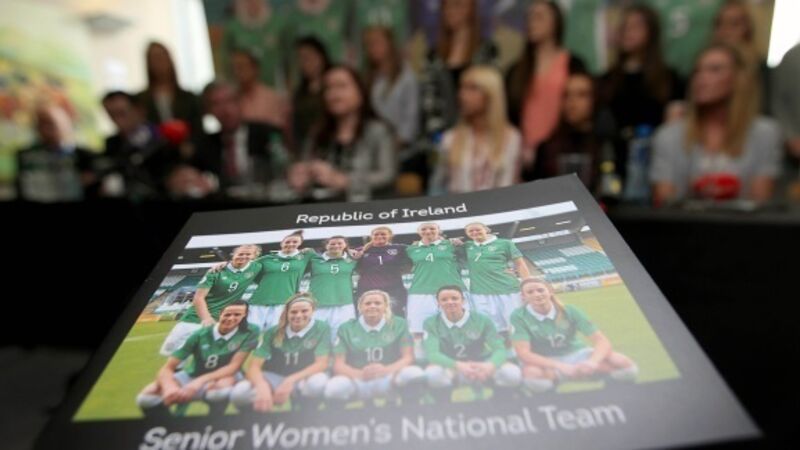Now the battle returns to the field of play for Ireland

wrote last September about a visit to Tallaght Stadium. Ireland were hosting Portugal in a senior women’s international. It was a dead rubber game for the home side, since qualification for this year’s European Championship finals in the Netherlands, was beyond their reach.
Still, it was a night of considerable consequence for my wide-eyed companions: my young daughter and two of her equally football-mad friends, whose disappointment at Ireland losing 1-0 was swept away in the game’s aftermath, as they waded into a throng of excited children pitch-side to meet the Irish players.








